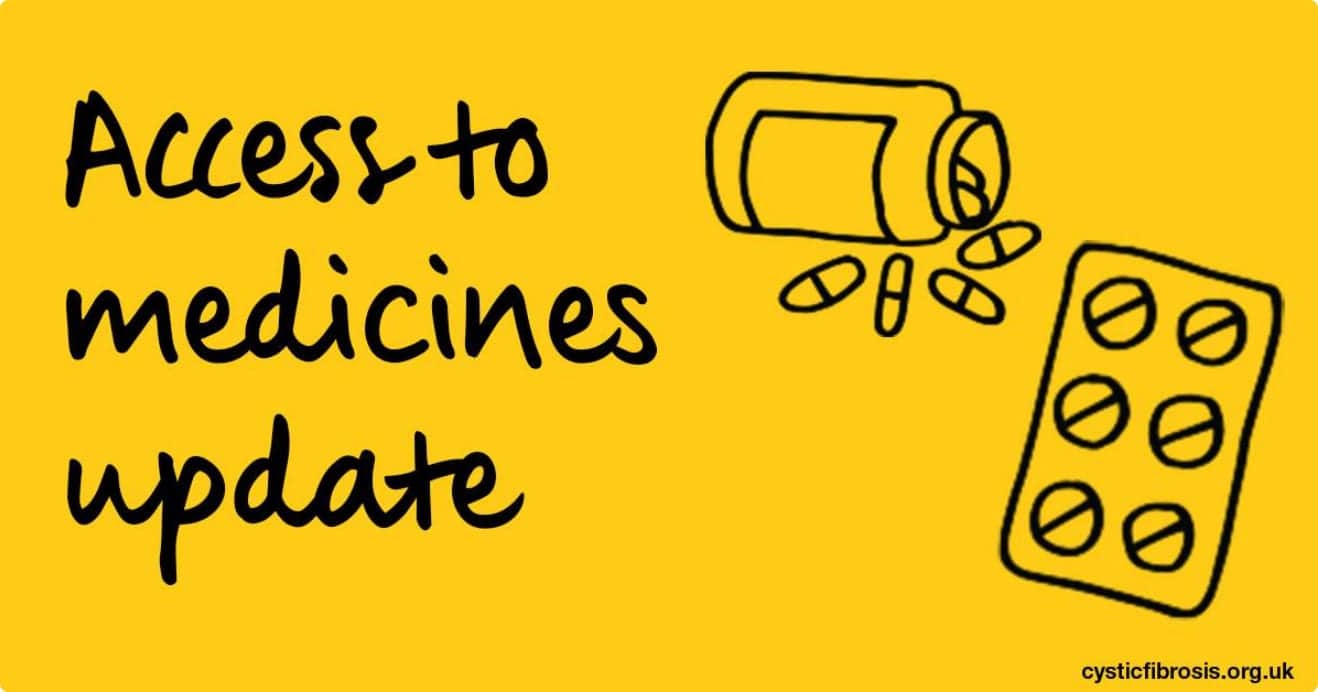Overview.
On 16th January 2020 the States voted overwhelmingly in favour of a new drug and treatment policy. This new policy will benefit about 3,800 local patients in the first 2 years, giving access to many more of the latest drugs and treatments, denied to us in Guernsey up until now. Whilst many of these drugs are not life saving, significant improvements to the quality of life with far fewer side effects, is expected to be one of major benefits.
In July 2021 the States debated the Government Work Plan (GWP) which originally proposed to remove the resolution relating to the second phase of this work. However, a successful amendment from Deputies Roffey and Queripel means that the work will stay on track. For more information see the NICE TAs and the GWP link below.
For what happened in the States and Mike Read’s request for your support go to the news page.

More Information
This policy means that Guernsey will move towards funding all drugs, treatments and devices with a Technology Assessment (TA) from the National Institute of Health and Care Excellence (NICE), including those approved for funding from the Cancer Drugs Fund (CDF).
The move towards funding TAs will happen in stages based on a universally accepted method of differentiating drugs, known as the incremental cost effectiveness ratio (ICER). Year 1 should see the introduction of TAs with an ICER of up to £30,000 and Year 2 should introduce further drugs and treatments with an ICER of up to £40,000.
The costs, which are estimated at £5.6m in Year 1 and £8.3m from Year 2 are to be met from the Guernsey Health Reserve (GHR). The GHR is part of the contributory benefits system designed to make primary and secondary medical care more accessible to the population. In 2019, the GHR held approx £120m of reserves.
The ability to include non-NICE TAs within drug funding policy will be retained to ensure best value for money. A non-statutory approach to drug funding on an ongoing basis will enable the HSC to use cheaper generic drugs where a similar health outcome can be obtained.
A review will be carried out towards the end of Year 2 to assess both the practical application of TAs in Years 1 and 2 and enable a full assessment of the introduction of TAs locally. The review will help to determine the approach to the next stages of work to introduce drugs and treatments with an ICER value greater than £40,000 and to report back to the States to secure the necessary funding to do so.
The introduction of this policy is expected to occur mid way through the year. Implementation will be phased, involving the development of a comprehensive communications plan for engagement with service-users (us) and Primary and Secondary Care providers, both on and off-Island.
Managing not just the backlog of patients but also the backlog of unfunded TAs and reviewing the introduction and implementation of additional TAs on an ongoing basis will inevitably create challenges and potential delays to treatment. Please feed back any issues you see, good and bad, as this new policy beds in to Mike Read, Health Representative for the GDA.
Contact details
The GDA health sector representative is Mike Read. Mike is also president of Cystic Fibrosis Guernsey and chair of Health Equality for All (HEAL) which represents local people who have struggled to access timely health care, particularly drugs and treatments.
Mike has asked for GDA Members support:
"Without your support, without your personal health stories and the evidence they provide it is difficult to continue to hold States members to account for their words and the commitments made by the States as a whole. In the absence of an obvious and effective public patient voice, we are determined that those using our health and social care services are represented and heard throughout this term."
Contact Mike Read on telephone:
07911 747747
if you are able to help.
